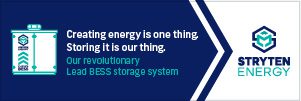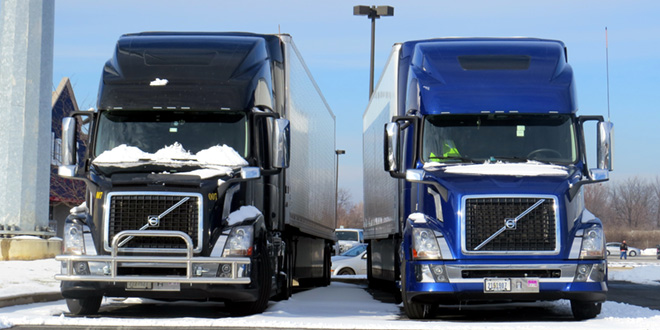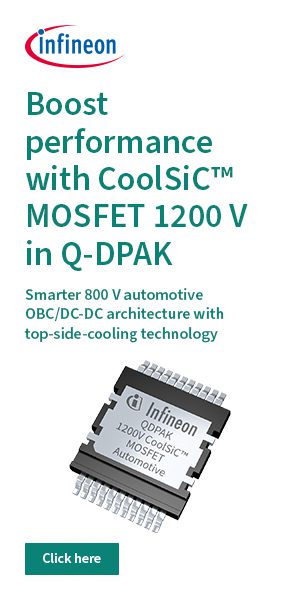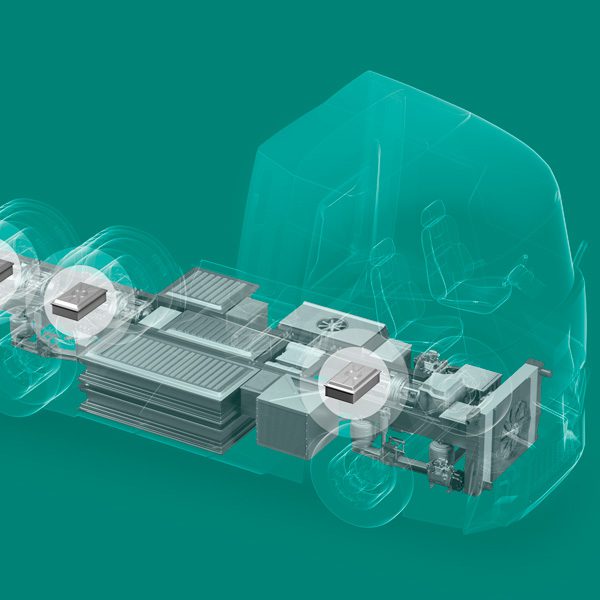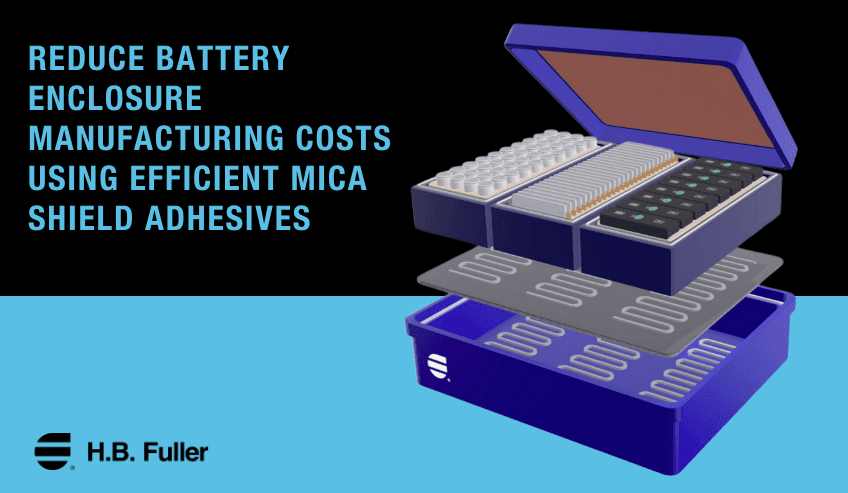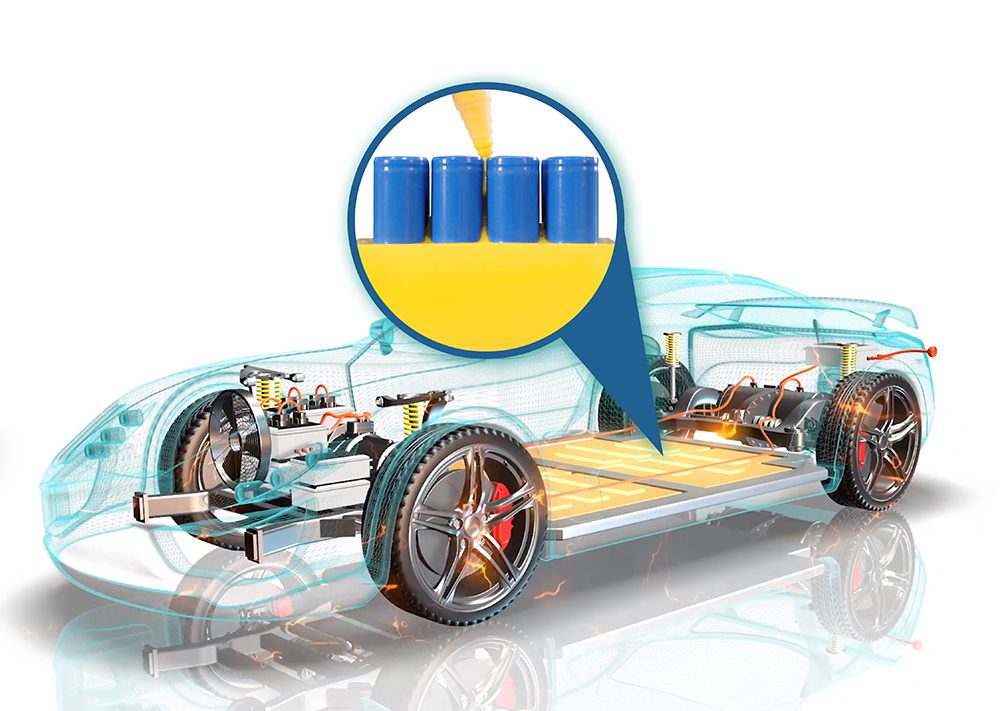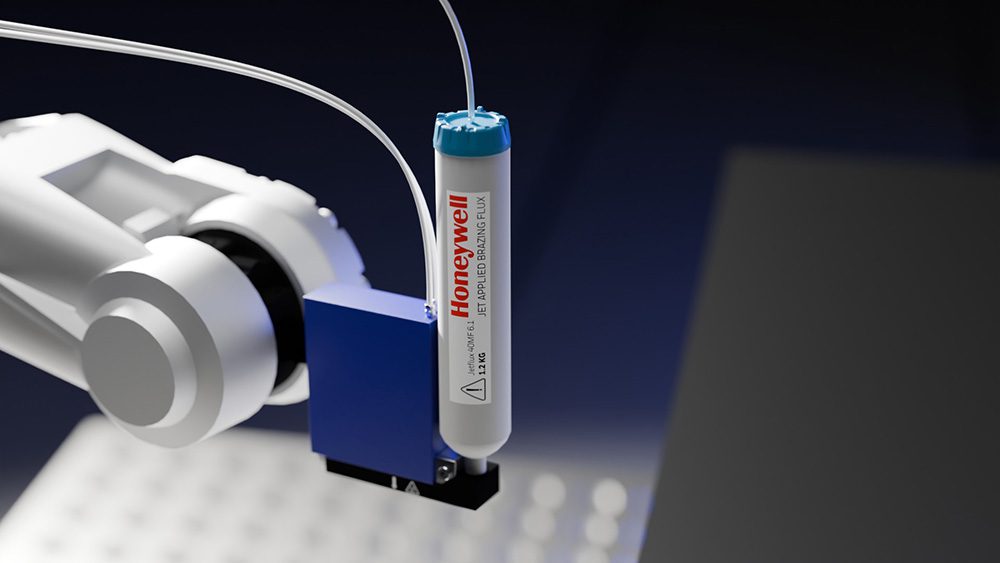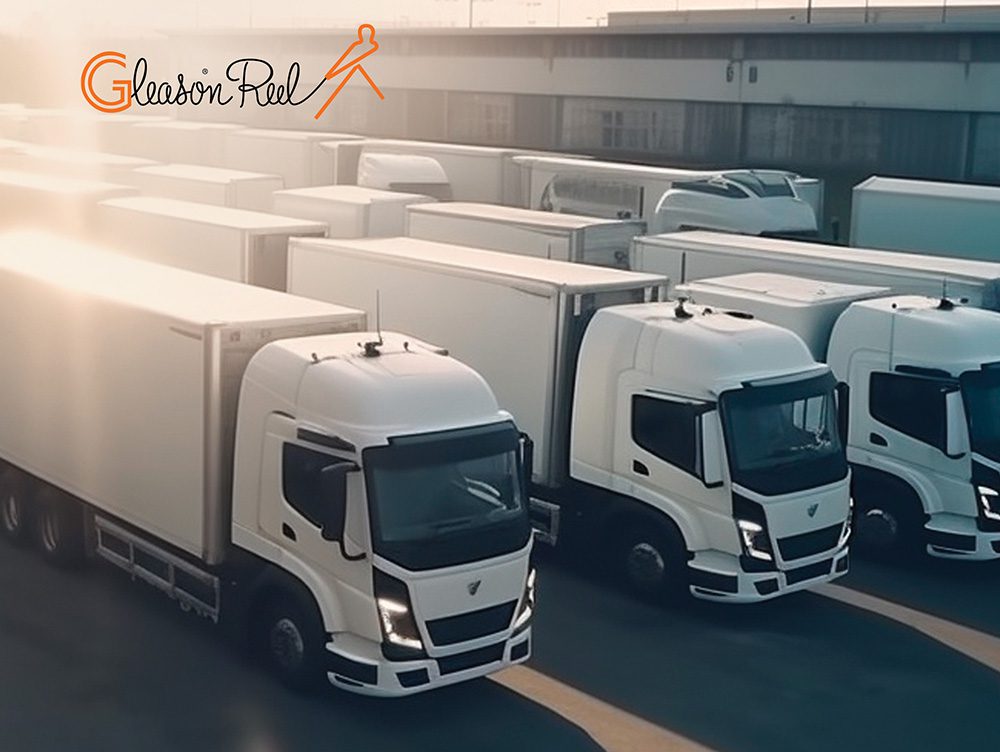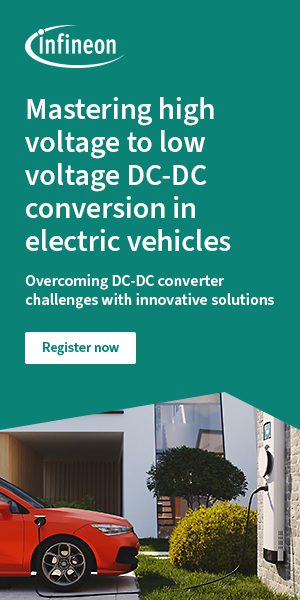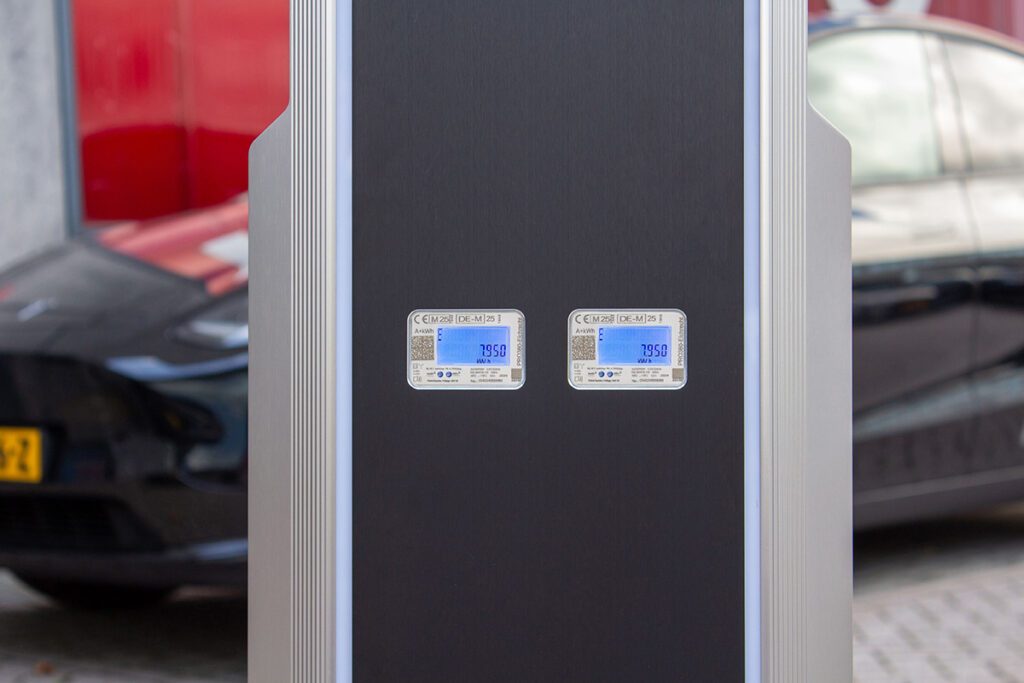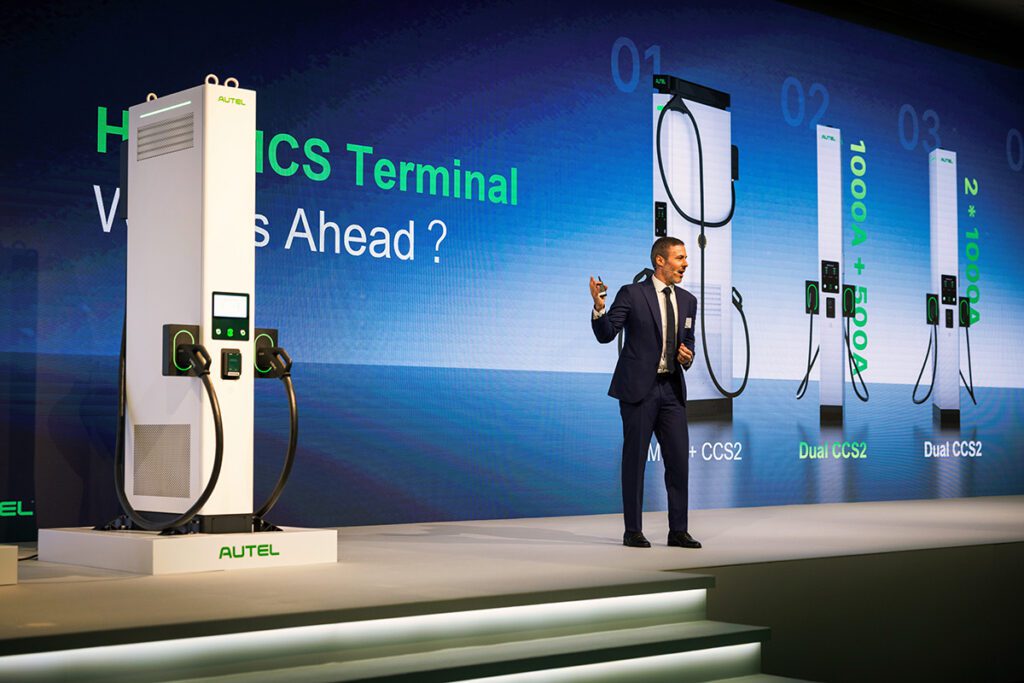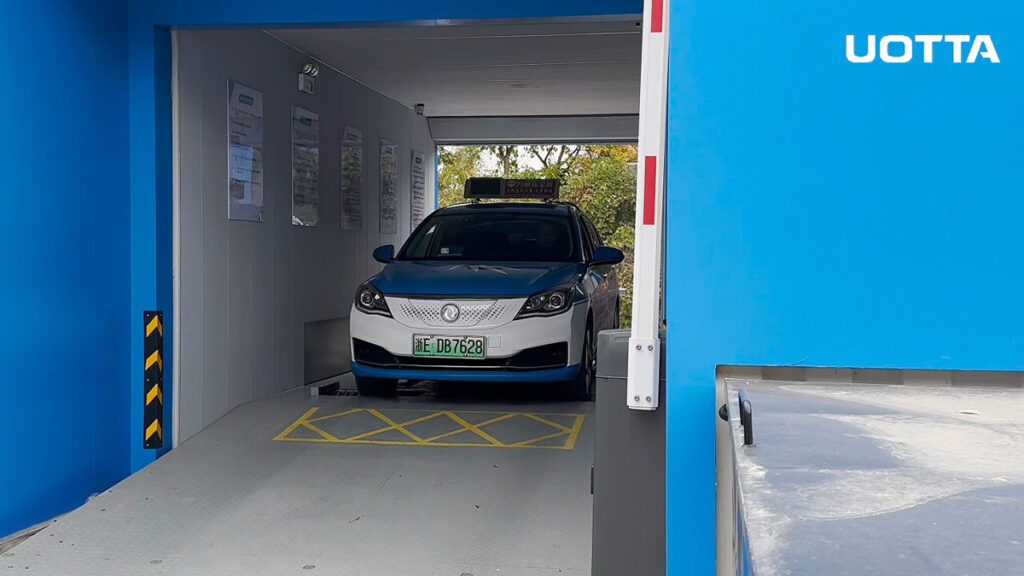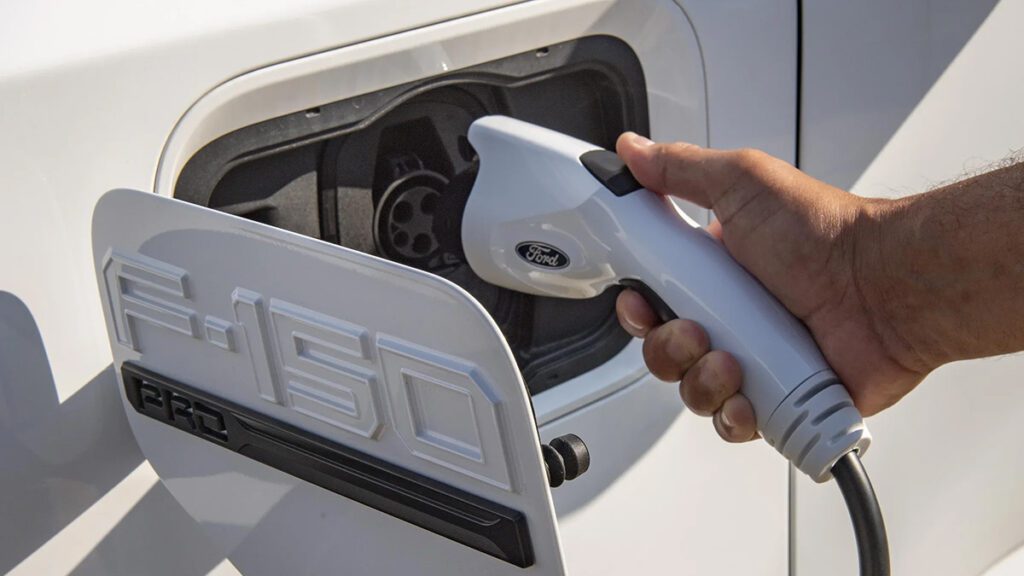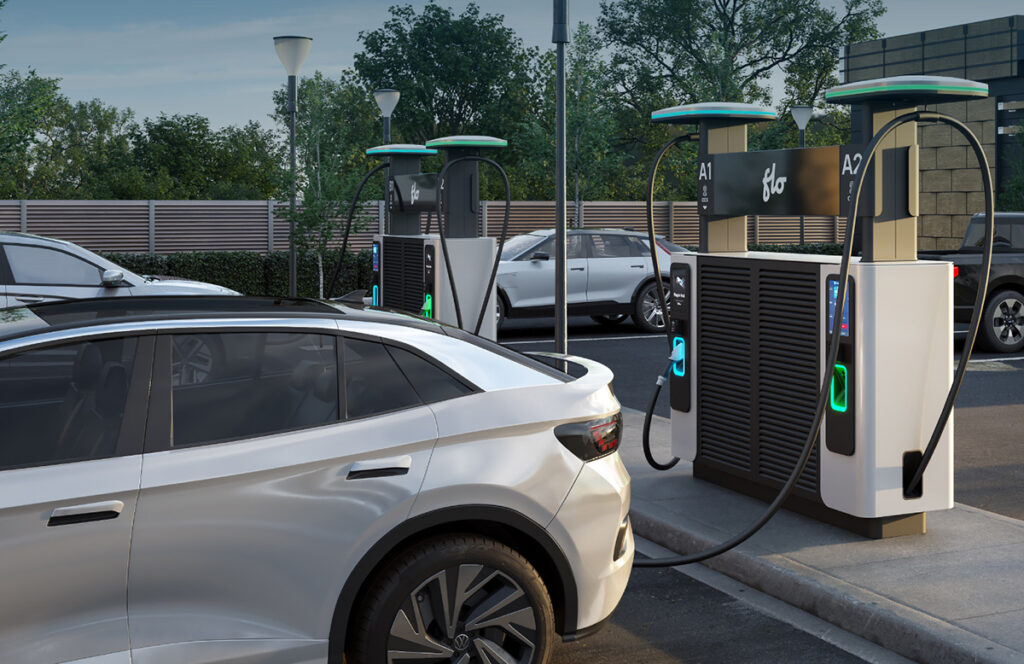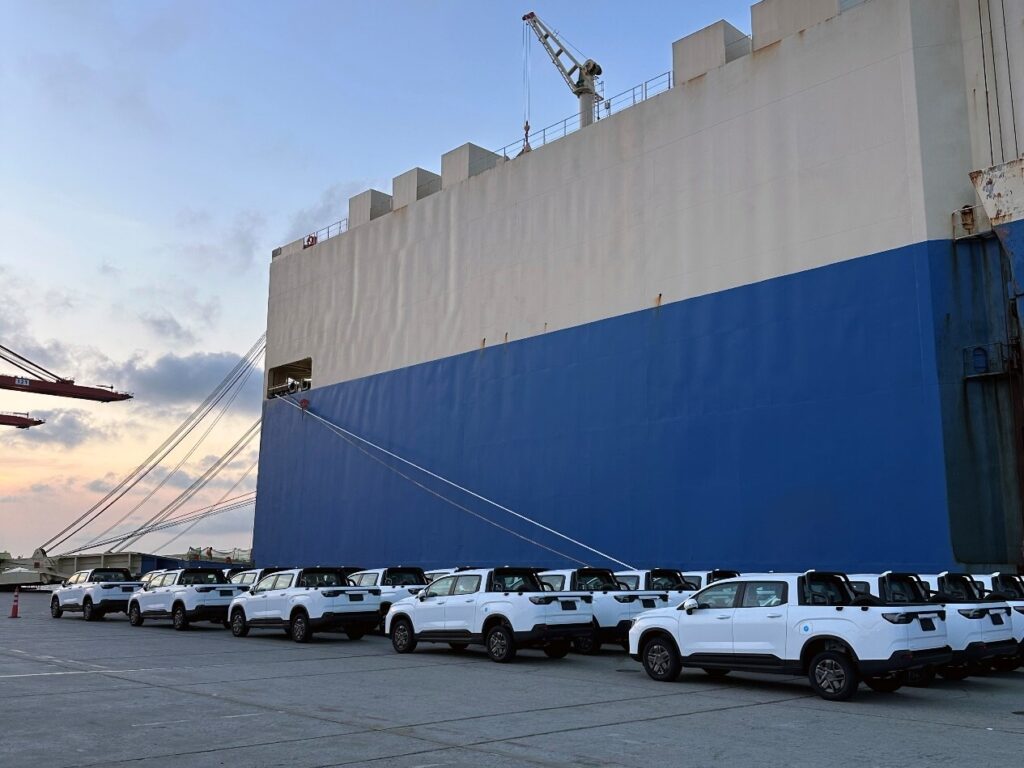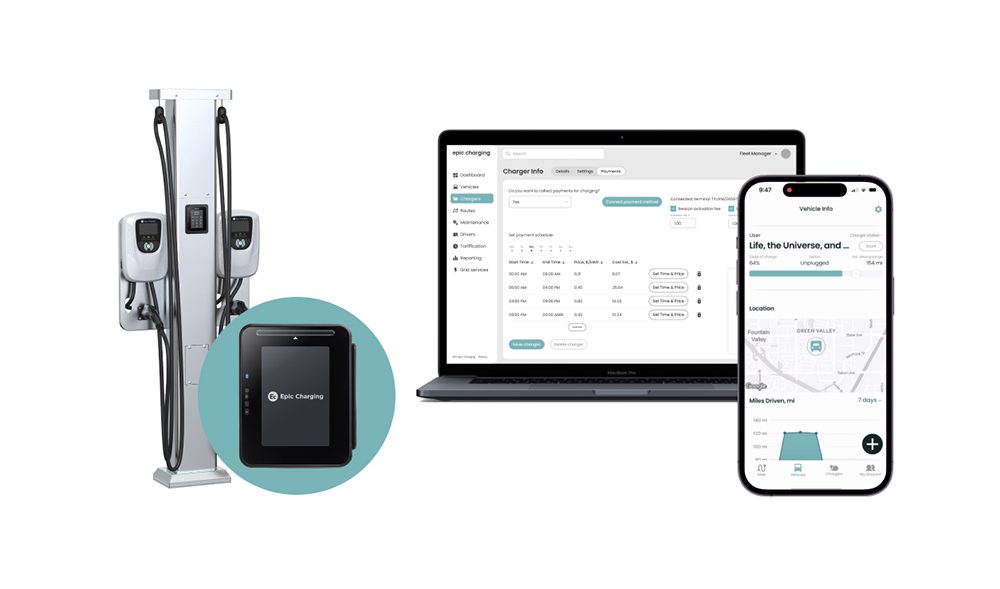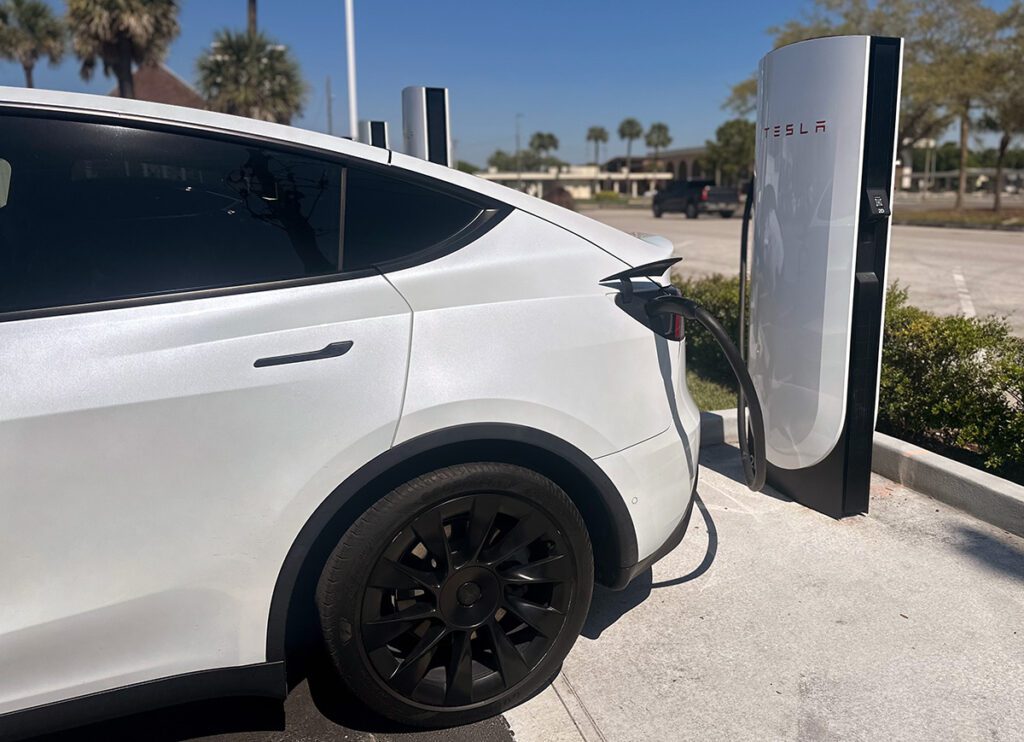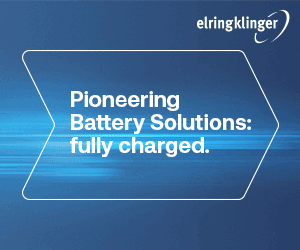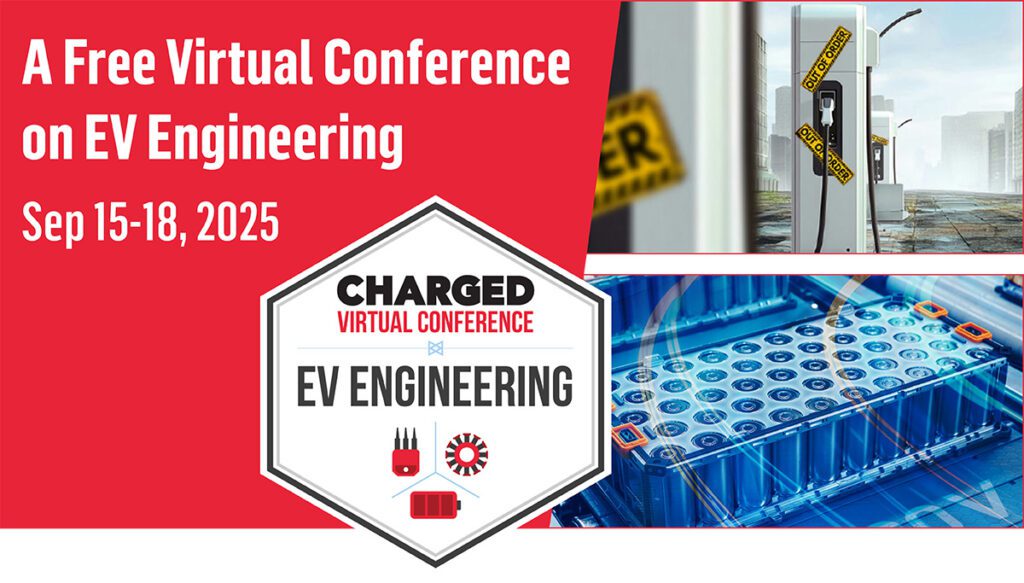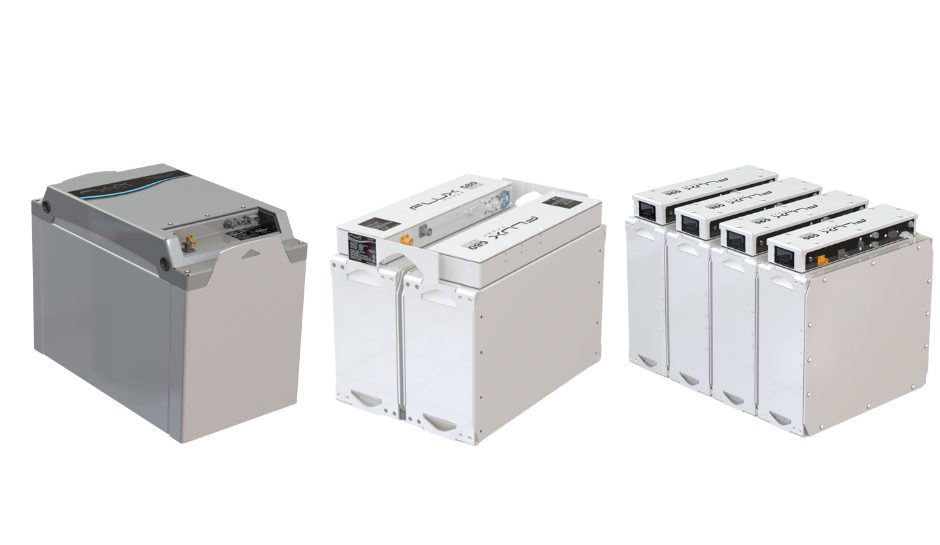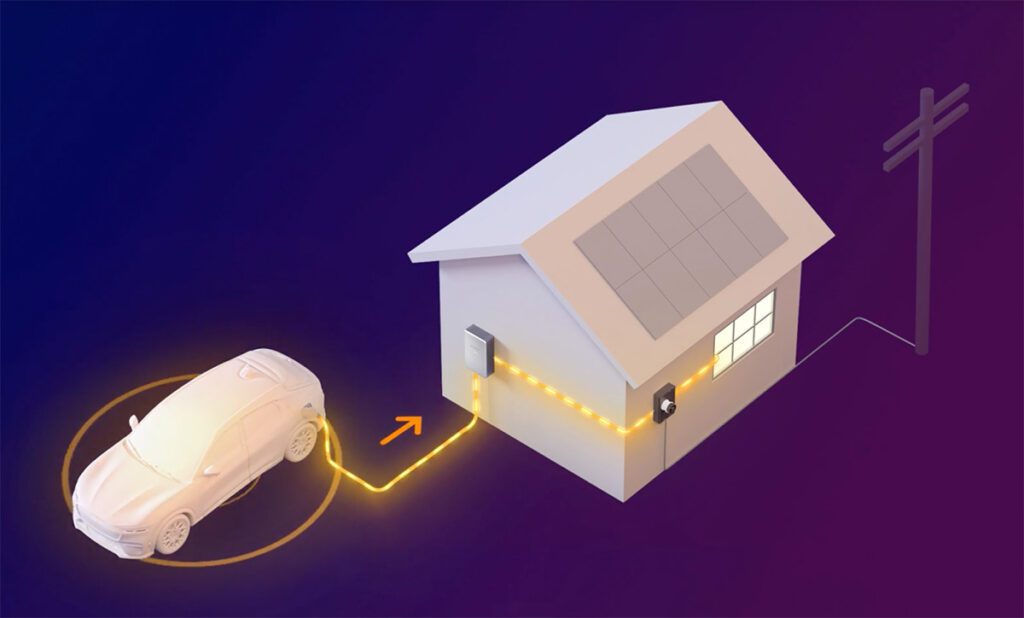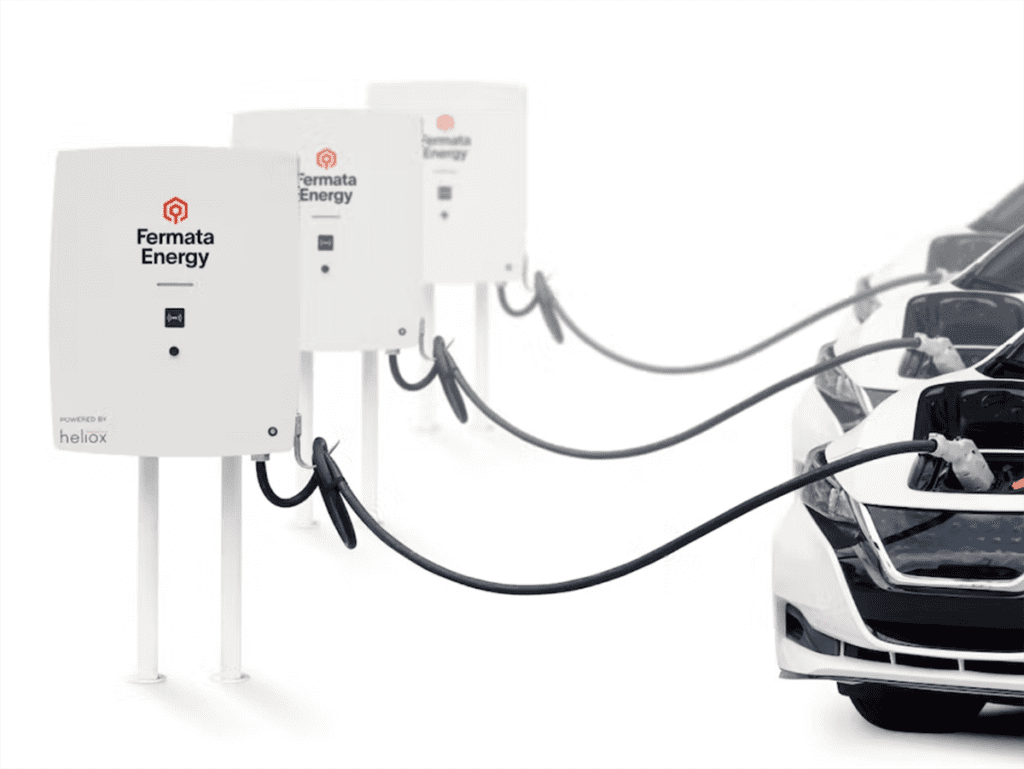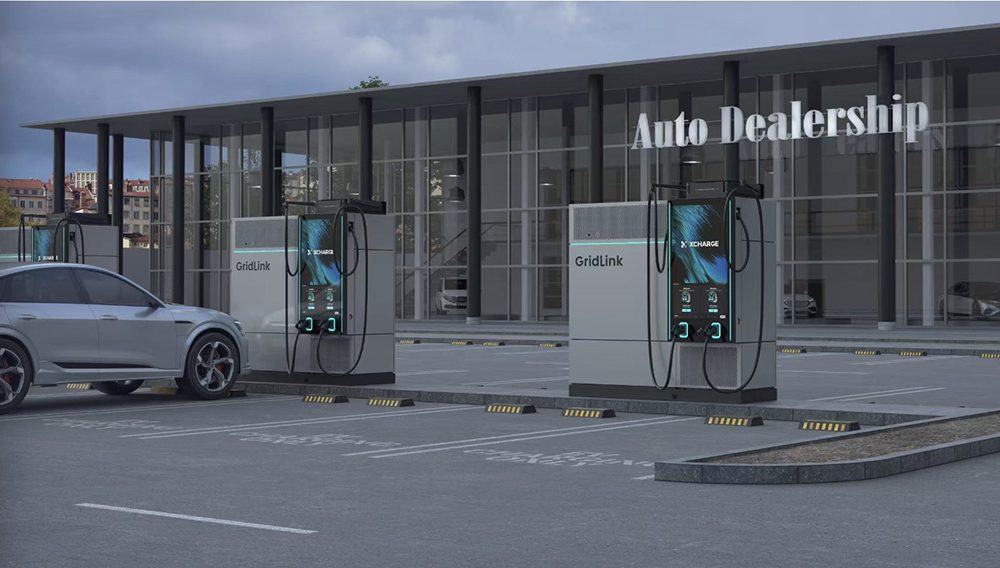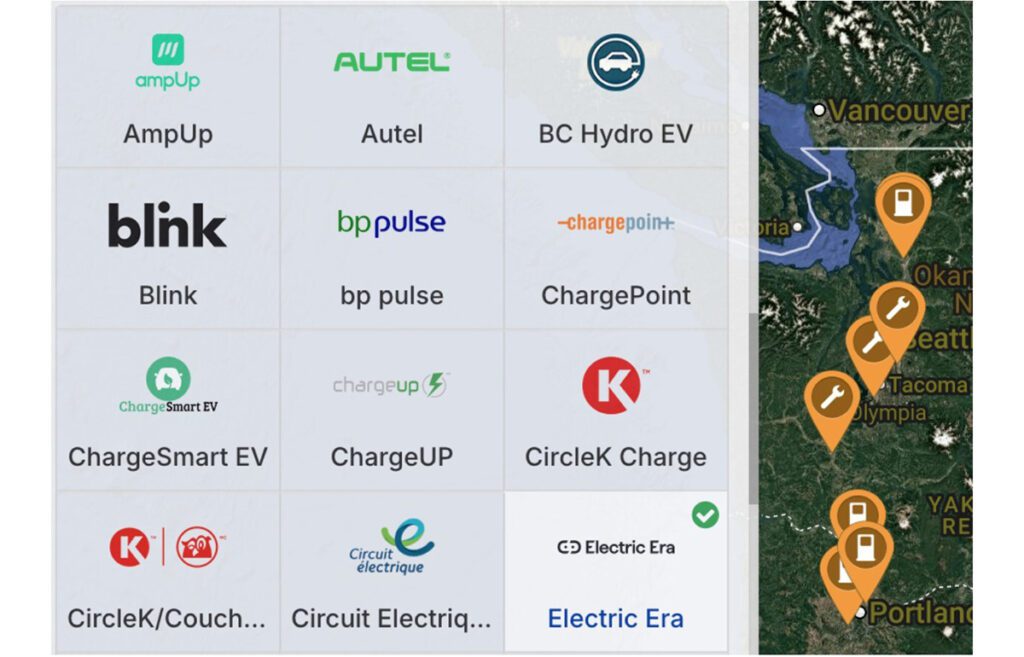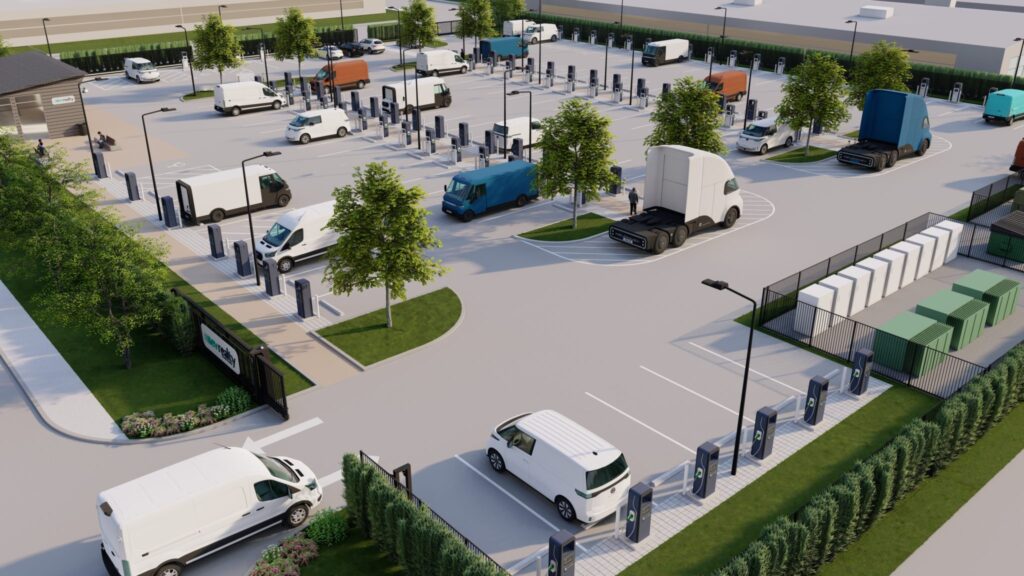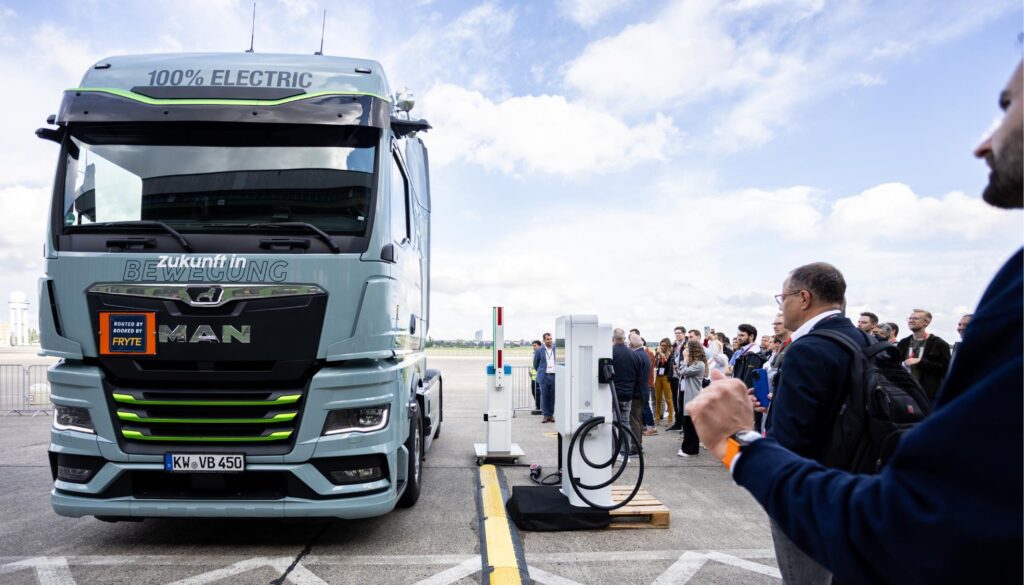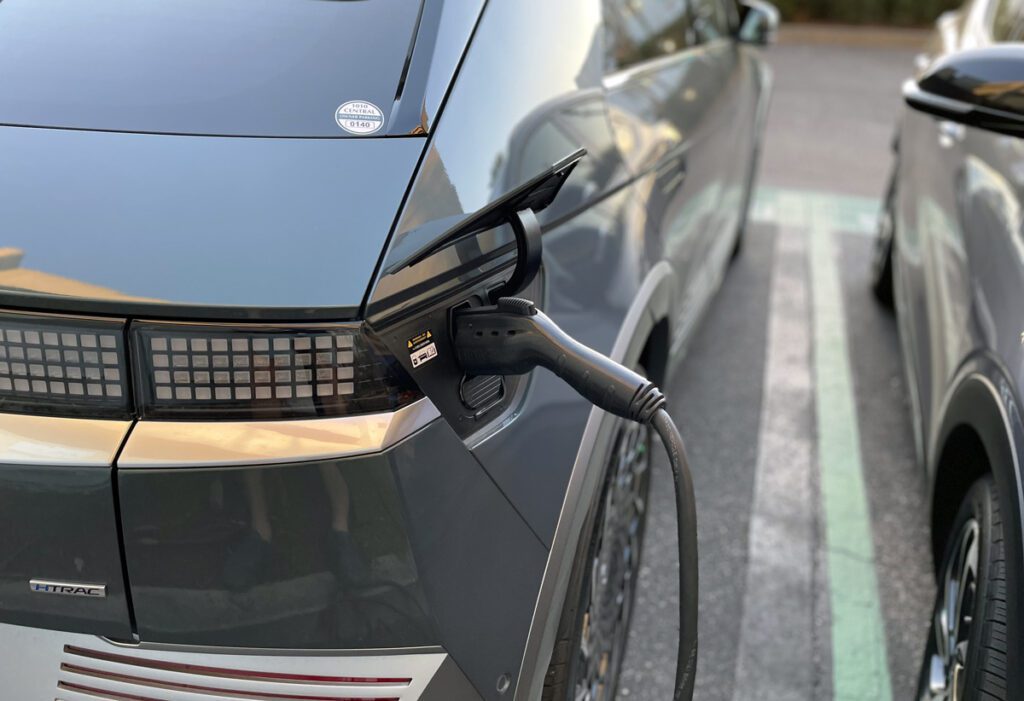Loop Energy has introduced a new fuel cell-based range extender for heavy-duty electric transport vehicles. Following a three-year development period, the Loop power module is now being integrated by an OEM, and will begin operation in 2017.
Loop’s eFlow fuel cell is designed to optimize air flow inside the fuel cell, producing greater power density than industry-standard cells. The company says this higher power density allows it to simplify and increase the efficiency of the fuel cell stack and system.
In a 2014 paper, “Powerdisc’s eflow reduces fuel cell commercialization cost,” published in Fuel Cells Bulletin, Loop’s Chief Scientist Dr. Sean M. MacKinnon and Director of Product Development Robert A. Wingrove explained that, in a conventional fuel cell flow channel, the mass flow rate reduces proportionate to the consumption rate of reactants, leading to uneven flow distribution and variable stack performance.
In contrast, eFlow technology provides a cross-sectional area that converges down the length of the channel to compensate for the reduction in mass flow rate due to reactant consumption. This levelizes reactant availability throughout the entire flow channel.
The Loop 56 kW fuel cell power module offers a power density of 213 W/L. It is designed as a turn-key module, with integral air compressor and controls, enabling a drop-in solution for manufacturers of heavy-duty trucks and transit buses.
“This is a defining moment for Loop as we advance the transit and trucking sectors in terms of their ability to meet performance, cost and large-scale carbon reduction targets,” said Loop Energy CEO Ben Nyland. “We’ve found that our technology is a perfect fit for powering heavy-duty transit buses and Class 6 to 8 trucks with zero emissions.”
Source: Loop Energy via Green Car Congress
Image: Steve Baker (CC BY-ND 2.0)






